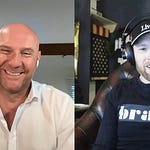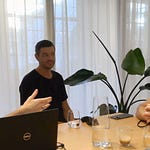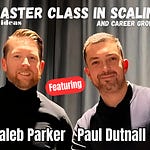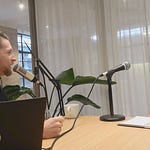Brave Ideas Season 16, Episode 2
Brought you by
Explore how Mute is leading the adaptable office architecture evolution, offering modular solutions to futureproof office investments while significantly reducing construction costs and CO₂ emissions. Tap here
Workspace proves flex works when you run it like a platform, not a product.
In this episode, Brave Corp CEO, Caleb Parker, and co-host Gary Helm from MUTE sits down with Lawrence Hutchings, CEO of Workspace Group PLC, the UK’s only publicly listed flex operator, to unpack an institutional mindset meeting operational reality and how the platform’s “Fix, Accelerate, Scale” strategy aims to drive occupancy, earnings, and growth.
This conversation covers broad topics such as the parallels Lawrence sees between office and his operational real estate experience, the retail lessons that apply, and the thesis behind recycling capital for growth.
They also go deep into workplace design that wins customers and tactics for improving meeting room performance.
This episode was recorded onside at the MUTE Showroom in Clerkenwell, London.
🎧 To listen as a podcast FOR FREE switch to audio above,
or follow Brave Ideas on Apple, Spotify, or wherever you listen.
CONNECT
What You’ll Learn in This Episode
Why flex is a high velocity platform business, not a long lease model
Workspace Group’s fix, accelerate, scale strategy, occupancy as the lead indicator, rate as the secondary lever
Retail lessons that map to office, headlines versus reality, attendance versus utilization, culture and collaboration still drive value
Capital light upgrades at Vox Studios and Leather Market, front door to corridors to end of trip, how first impressions lift tours and retention
Meeting rooms and technology, open to non members with member priority, CRM and AI for smarter utilization, cluster overflow to protect revenue
Growth thesis, recycle capital out of lower return Southeast assets, double down in London, target SMEs with a data led map to find the next Bermondsey
Key Takeaways for Operators
sponsored by
You win or lose tours at the front door and on the walk to the unit
Invest in high touch areas, lobbies, corridors, kitchenettes, bathrooms, end of trip; small CapEx, big perceived value
Empower local teams with data; push decisions to the front line for retention and conversion
Use modular meeting and focus spaces to adapt quickly and improve acoustics
Prioritize members on peak days; use smarter booking rules and cluster overflow to keep revenue in network
Key Takeaways for Real Estate Investors and Landlords
Flex is operational real estate; build or partner for a platform, not just fitted floors
Occupancy drives income, rate follows tension; vacancy carries service charges and business rates, so the cost is higher than rent lost
Recycle capital into product that competes; upgrade existing buildings where demand exists
Segment by customer; specialize using demographics and psychographics rather than one size fits all
Target assets with the right bones; transport connectivity, natural light, floor plates that subdivide well, characterful buildings in the 50K to 90K SqFt sweet spot
Behind The Scenes
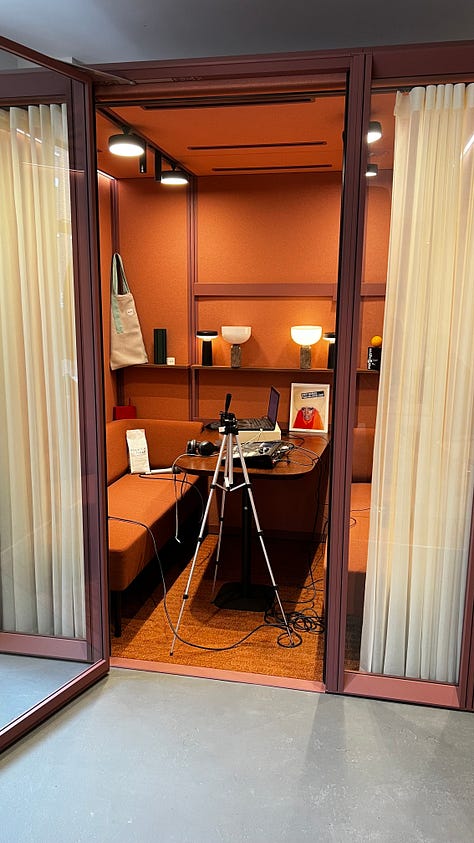
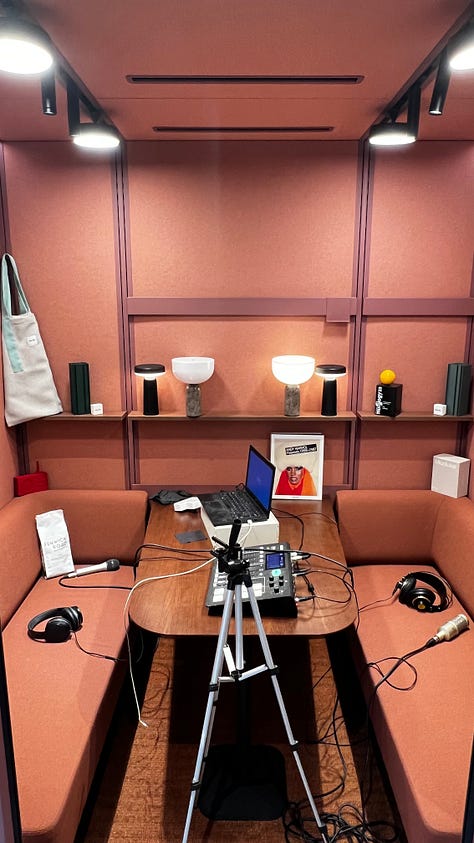
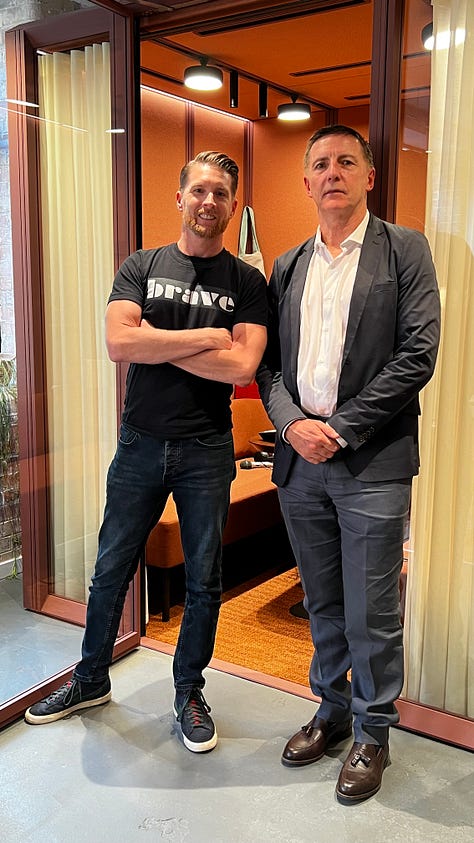
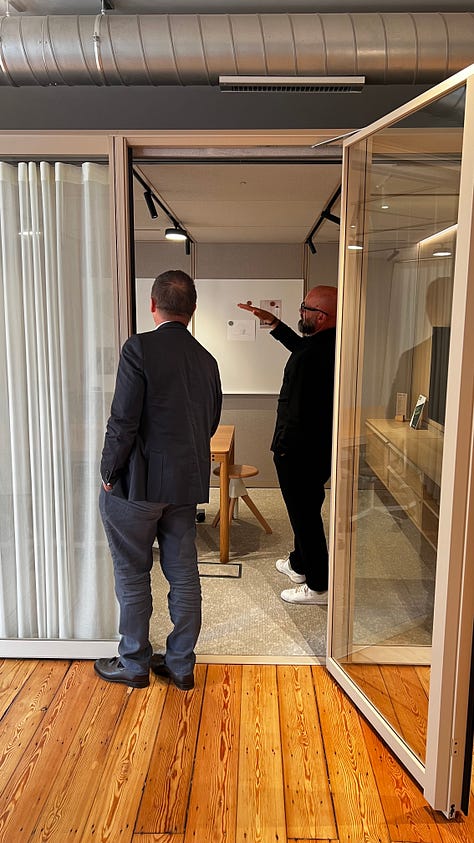
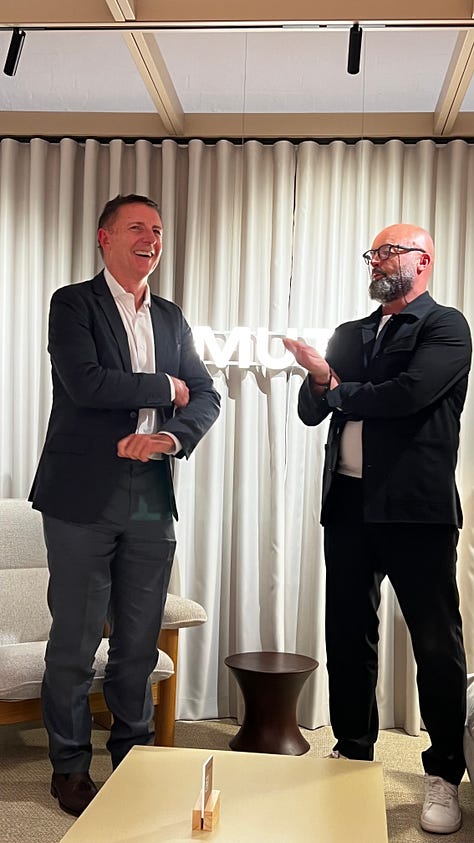
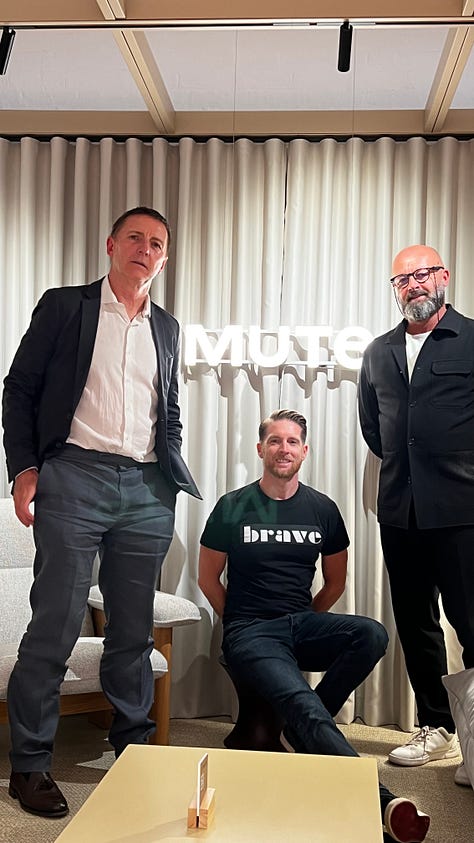
💡 This episode is part of Brave Ideas Season 16, diving into the 6 Pillars of Space-as-a-Service, spotlighting operator playbooks and practical moves that lift demand, protect margins, and build workplaces people choose.













